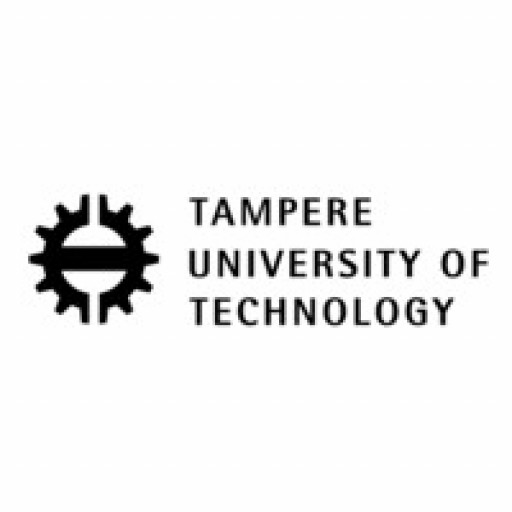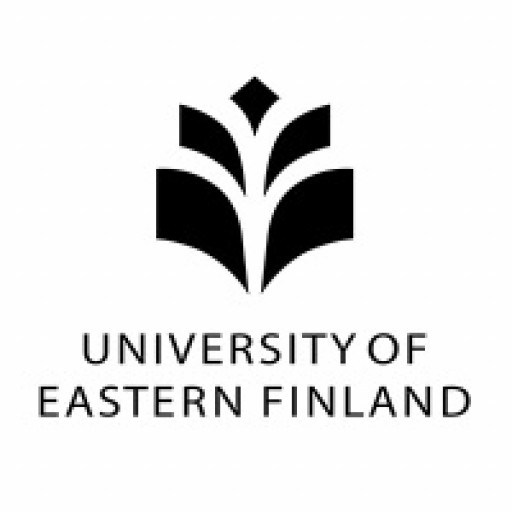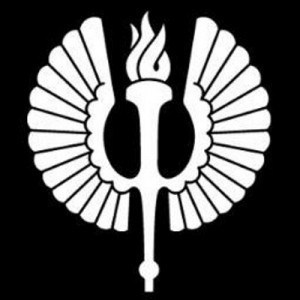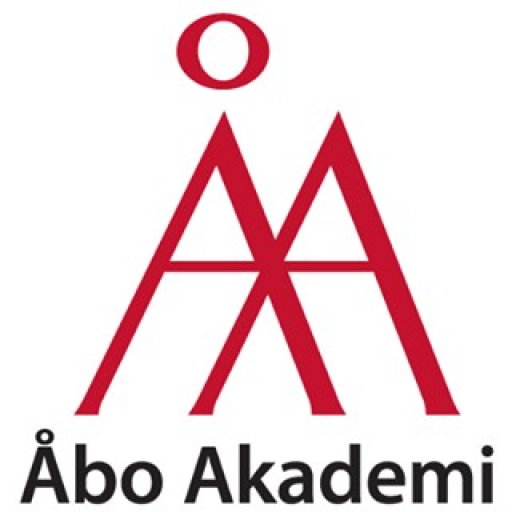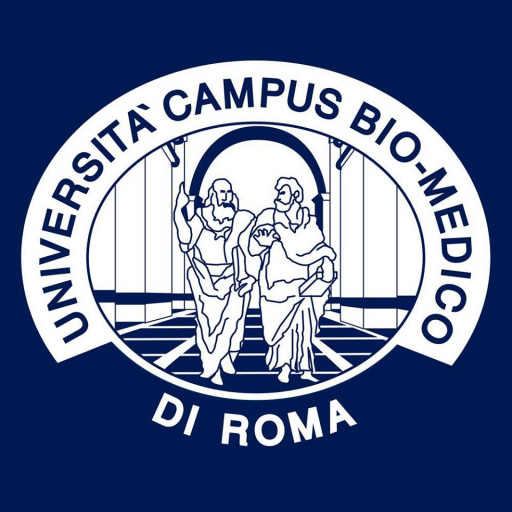Program description: The Biomedical Sciences and Engineering Master's Degree Programme at Tampere University offers students an in-depth education at the intersection of biology, medicine, and engineering, preparing them to address complex health-related challenges through innovative solutions. This interdisciplinary program combines advanced courses in molecular biology, physiology, biomedical instrumentation, and biomedical engineering principles, fostering a comprehensive understanding of how biological systems can be integrated with engineering technologies. Students gain practical skills in designing and developing medical devices, diagnostic tools, and therapeutic technologies, while also developing a strong foundation in research methodology and data analysis. The curriculum emphasizes innovation, problem-solving, and hands-on learning, with laboratory sessions, project work, and collaborations with industry partners. The program aims to cultivate a new generation of biomedical professionals capable of advancing healthcare through technological innovation. Graduates will be equipped with the knowledge and skills needed for careers in medical device development, healthcare technology firms, research institutions, and regulatory organizations. Moreover, the program encourages interdisciplinary collaboration and critical thinking, enabling students to adapt to the rapidly evolving biomedical landscape. With access to cutting-edge laboratories and facilities, students participate in meaningful research projects that contribute to advancements in personalized medicine, regenerative therapies, and digital health solutions. Tampere University's strong ties with industry and research communities ensure that students receive a relevant and forward-looking education, positioning them for successful careers in the dynamic field of biomedical sciences and engineering.
The Degree Programme in Biomedical Sciences and Engineering is a two-year Master's Degree Programme. Teaching will be conducted in English.
As a student, you will first undertake common core courses. The common core courses ensure adequate basic knowledge on biomedical sciences and biomedical engineering before starting your major studies. The common core studies will also include an introduction to graduate studies in Finland, and the Finnish language.
While applying to the programme, you will have the possibility to choose one of the following majors:
- Health Technology and Informatics
- Biomaterials and Tissue Engineering
- Biomedical Micro- and Nanodevices
The extent of the Master’s Degree Programme is 120 credits. Each major is 50 credits. No minor subject studies are required, but you will be able to either choose elective courses of your choice or any offered minor. You may freely choose your elective studies or minor from TUT, Tampere3 or other universities. 30 credits are granted upon completion of the Master’s thesis. The Master’s thesis research project is tailored and based on your career plan. It can either pave the road to an academic career or prepare to work in industry or in a hospital.
Health Technology and Informatics
Health technology and informatics focuses on the core area of the present day biomedical engineering industry. It covers the areas of wellbeing and medical solutions from consumer health products, such as heart rate monitors and other wearable sensors to clinical applications such as anaesthesia monitors, imaging and treatment delivery systems. Also, information systems for personal health monitoring or hospital management and patient health records are important application areas.
The major provides expertise on the design of complex biomedical instrumentation and informatics systems. The major has two specialisation paths: Health technology focuses on the design and development of instrumentation. Imaging systems and health informatics focuses on the development of information systems for medical data applications, electronic health record systems and personalised health solutions.
Biomaterials and Tissue Engineering
In this multidisciplinary major, you will develop a wide knowledge on biomaterials and tissue engineering including related fields such as cell technologies, biophysics and regenerative medicine. This knowhow is essential in several medical applications such as implant design, disease modelling and novel transplantation therapies aiming for tissue replacement or repair. The major combines different aspects of stem cell technology, scaffold design and tissue functionality to clinical outcomes and regulations. Our aim is to equip our students to be independent players in both the professional (in companies) and research community.
Biomedical Micro- and Nanodevices
Organ-on-chip type in vitro devices provide a novel approach for developing new drugs, understanding disease mechanisms and studying the toxicological effects of chemical compounds. These can only be fulfilled with advanced technologies such as microfluidics, micro- and biosensors, microscopy, actuators and advanced biomaterials.
Miniaturisation has been one of the important technological megatrends in the last decades. As a result, not only microprocessors but also sensors and actuators have become a part of our everyday life. This major provides a strong background for working on these novel fields of technology and particularly utilising them in biomedical applications. The major will cover micro- and nanoscale devices and systems such as microsensors, microactuators, microrobotics, microfluidics, and micro-optics, as well as wireless signal and power transfer technologies.
Complementary studies
As a student in the Degree Programme in Biomedical Sciences and Engineering, you may be required to complete complementary studies depending on your BSc degree. With the complementary studies, mathematics, physics, economics, computer science and language skills will be updated so that your knowledge is at the level of a Bachelor of Science in Engineering. In addition, prerequisite courses of the major subjects may be required. In general, the complementary studies are included in the master's degree.
Eligible applicants hold an upper secondary education certificate - the Finnish matriculation examination, the International Baccalaureate, the European Baccalaureate, Reifeprüfung or any other comparable upper secondary educational qualification which provides eligibility to University-level Bachelor’s studies in the country in question. Applicants who are in the final semester of their upper secondary education are also eligible to apply.
The level of the applicants’ studies in mathematics should be equal to that of the advanced syllabus in mathematics in the Finnish general upper secondary school. For more information, please see the National Core Curriculum for General Upper Secondary Education Intended for Young People.
It is not possible to apply to a Bachelor’s degree programme on the basis of a Bachelor’s degree.
Applicants are required to demonstrate proficiency in the English language. TUT accepts internationally recognised academic language tests as demonstration of language proficiency. The accepted tests are IELTS Academic, TOEFL iBT, TOEFL PBT, PTE Academic and CAE/CPE.
Financing studies in the Biomedical Sciences and Engineering master’s programme at Tampere University are primarily covered through a combination of scholarships, government funding, student loans, personal funds, and employment opportunities. International students are advised to explore various scholarship options available through Tampere University, including tuition fee waivers and grants based on academic excellence or need. For students originating from the European Union or from countries with agreements with Finland, no tuition fees are charged, and funding can be accessed through national student financial aid systems. Finnish students and those admitted through bilateral agreements may also receive financial support from the Finnish government in the form of study grants and student loans, which are administered by the Finnish Social Insurance Institution (Kela).
Students are encouraged to seek external scholarships from organizations, foundations, and companies that support students in science and engineering fields. Part-time employment within the university or in the local community can also supplement students’ finances, with the university providing resources and assistance in finding suitable employment opportunities. Additionally, many students combine their studies with internships or research assistant positions, which can offer stipends or salaries, thus helping to finance their education and living expenses. International students should also consider their own home country’s scholarship programs or financial aid options, which may include grants or loans specifically designed for studies abroad.
Tampere University offers guidance and counseling regarding financial planning and applying for various funding sources, ensuring students are aware of the full range of possibilities to support their studies. Many students also tap into personal savings or family support to cover tuition and living costs. The university’s location in Tampere, a city known for its relatively affordable cost of living compared to larger Finnish cities like Helsinki or Tampere, helps students manage expenses more effectively. Overall, financing a master’s degree in Biomedical Sciences and Engineering at Tampere University involves a combination of university-managed scholarships, government aid, external funding, part-time work, and personal resources, with the university providing support and advice throughout the process.
We are looking for students who demonstrate excellent academic performance, a good command of the English language and creative abilities. After the two-year programme in Biomedical Sciences and Engineering, you will have the opportunity to obtain a competitive master’s degree that meets the highest international standards.
The overall minimum requirements for admission, educational qualifications and language skills, are listed below.
Educational qualifications
The suitable fields of the background degree depend on the selection of the major subject:
- Health Technology and Informatics: Biomedical sciences, biomedical engineering, physics, electrical engineering, information technology or other discipline related to the major. It would be beneficial (but not mandatory) for students with a physics, electrical engineering or information technology background to have undertaken some studies in biological sciences/biomedical engineering during their bachelor's study. All students should have at least elementary programming skills.
- Biomaterials and Tissue Engineering: Biomaterials, biomedical sciences, biotechnology, chemistry, physics, materials science or another discipline related to the major. It would be beneficial (but not mandatory) for students with a chemistry, physics, engineering or material sciences background to have undertaken some studies in biological sciences during their bachelor's study.
- Biomedical Micro- and Nanodevices: Biomedical engineering, microtechnology, electrical engineering, physics, mechatronics or another discipline related to the major. It would be beneficial (but not mandatory) for students with a physics, electrical engineering, mechatronics or microtechnology background to have undertaken some studies in biological sciences/biomedical engineering during their bachelor's studies. All students must have sufficient skills in mathematics and physics, and a basic understanding of engineering and material sciences.
